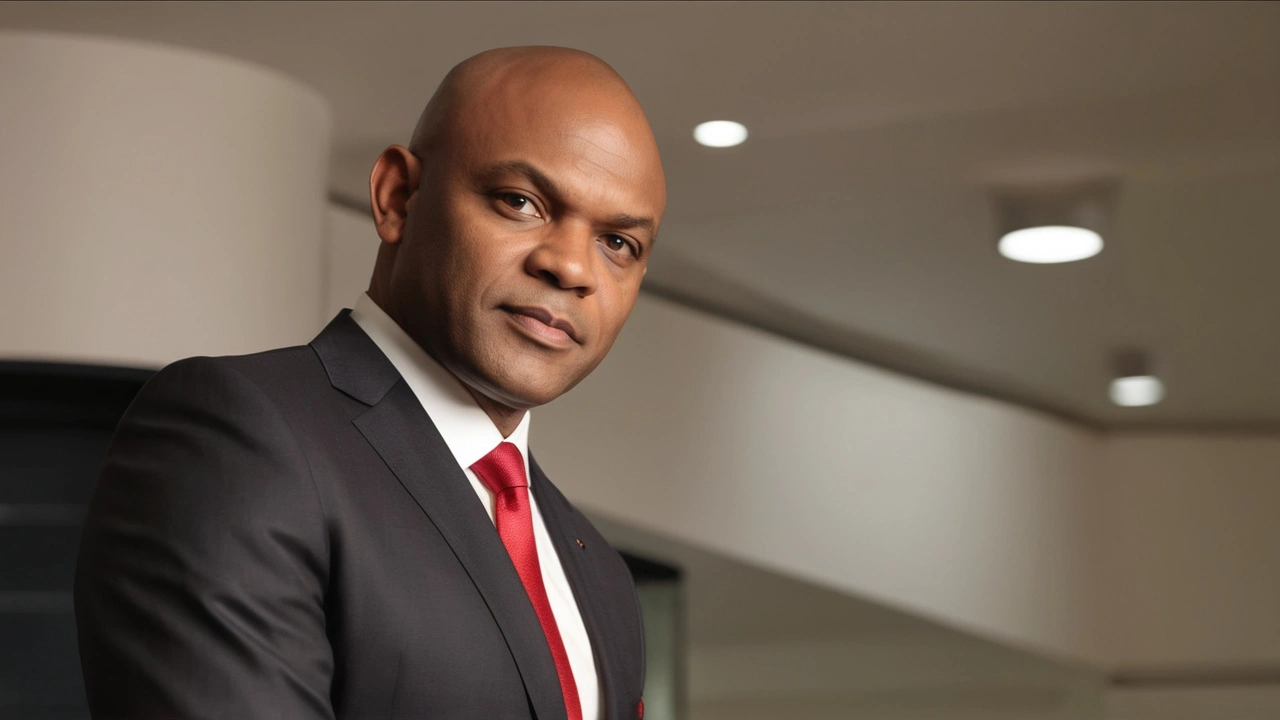Windfall Tax: What It Is and Why It Matters in Africa
If you’ve heard politicians talking about a windfall tax, you might wonder what they actually mean. In plain terms, a windfall tax is an extra levy on profits that companies earn unexpectedly high – often because of sudden price spikes or market shocks.
Why Governments Use Windfall Taxes
Governments see these taxes as a way to share unexpected gains with the public. When oil prices shoot up or commodity markets boom, firms can make huge earnings without any extra effort. A windfall tax puts some of that money back into the treasury so it can fund health care, education, or infrastructure.
How It Affects Companies and Citizens
For businesses, a windfall tax means they pay a higher rate on those surprise profits. The cost is usually limited to the excess earnings, not their regular income. For citizens, the idea is simple: more tax revenue can mean better services or lower taxes elsewhere.
In South Africa, for example, the government introduced a windfall tax on mining companies when global metal prices surged. The extra cash helped fund social programs without raising general taxes. Similar moves have happened in Nigeria and Ghana during oil price spikes.
Critics argue that high windfall taxes can discourage investment. If firms think they’ll lose a big chunk of unexpected profits, they might delay expansion or cut jobs. However, most policies are designed to target only the “extra” profit margin, leaving normal business operations untouched.
When you read articles tagged "windfall tax" on Daily Africa Disko, you’ll see real‑world cases – from energy giants in Nigeria facing new levies to telecom operators in Kenya dealing with unexpected revenue boosts. These stories show the balance governments try to strike between raising money and keeping investors happy.
Another practical angle is how the tax revenue gets used. In many African countries, windfall taxes fund infrastructure projects like roads or power plants. That can create jobs and boost long‑term growth, turning a short‑term profit spike into lasting benefits for ordinary people.
If you’re a business leader, keeping an eye on policy changes is key. Knowing when a windfall tax might be proposed helps you plan cash flow and set aside reserves. For the average reader, understanding the basics means you can follow debates about fairness and economic strategy more easily.
In short, a windfall tax captures unexpected corporate gains to fund public needs. It’s not a permanent tax hike, but a targeted tool that can boost government resources when markets are hot. Watching how African nations apply it gives a clear picture of its real impact on both the economy and everyday life.

Tony Elumelu Advocates Windfall Tax Relief to Combat Poverty and Aid Nigeria’s Public Services
Tony Elumelu, UBA chairman, endorses a federal windfall tax on bank FX gains to aid poverty alleviation. Proposed during a meeting with President Bola Tinubu, the tax aims to redirect extraordinary bank profits towards public services. Despite industry concerns, Elumelu and Femi Otedola of FBN believe it promotes wealth distribution and prosperity.




